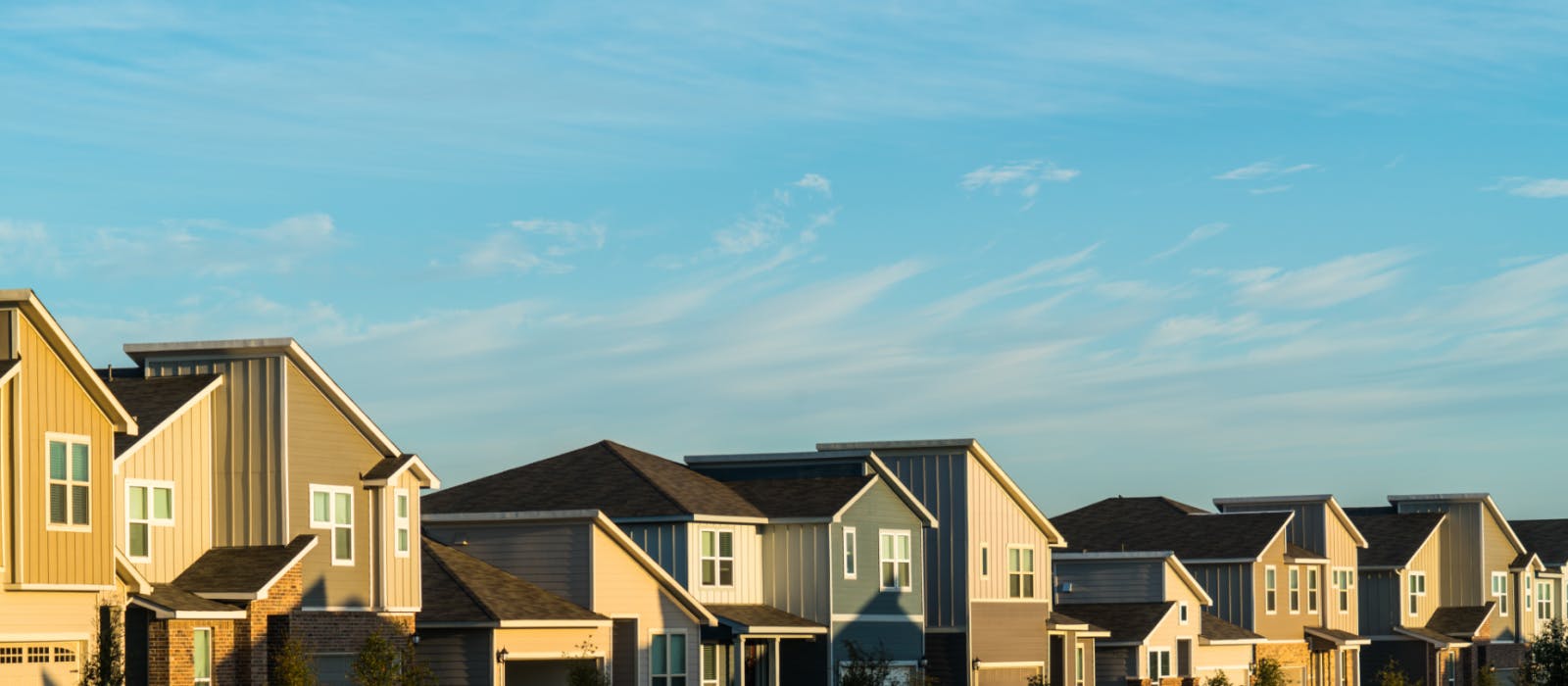Fix-and-Flip Investing
If you’re like most people, then you’ve probably been thinking about investing in fix-and-flip properties. This is where you buy a house, renovate it, and resell it.
Many homeowners who have experienced financial difficulties are reluctant to sell their homes due to their condition. Although I’m not a fan of taking advantage of people in tough situations, identifying and acquiring properties in as-is condition is a service that can help distressed homeowners get rid of their debts. The homes become great projects to then renovate and fix up in order to sell for a higher price then the cost of buying and renovating combined.
There are courses that will teach you how to identify and analyze potential fix-and-flip investments however our team has the experience and can provide advice on the matter.
Due to the current housing shortage and the rising popularity of flipping homes, it’s likely to become a common practice as homes move in ready homes that become out of budget for many families. Moving in and renovating is a good way to get started on your first flip.
Cash Flow Investing
Cash flow investing is a strategy that involves paying off the mortgage with the rental income instead of the appreciation. The goal of cash flow investing is to generate long-term passive income. For many people, this strategy is like asking: What if I owned a home that someone else paid for? While appreciation is an added benefit of cash flow investing, it is typically not the main objective when making a purchase decision.
Principled Speculation Investing
Speculation investing is a type of property buying that involves waiting for the right conditions to happen before committing to a purchase. This type of investing is different from fix-and-flipping. Before committing to a purchase, a real estate speculator goes through all of the factors that can affect the price and demand for a given property. These factors can help determine when to buy and when to sell.
Some builders can take up to 12 months to build a home. High-rise units can take years. If the market goes up, you may end up with thousands of dollars in appreciation.
If you are thinking about buying a home, and are not in a hurry to move in then you should probably look into pre-construction homes. These are usually cheaper than new construction homes. In most cases, a builder will allow you to buy the home after it has been built. The advantages of this strategy are two-fold: First, you can lock in today’s price while someone else constructs the home.


